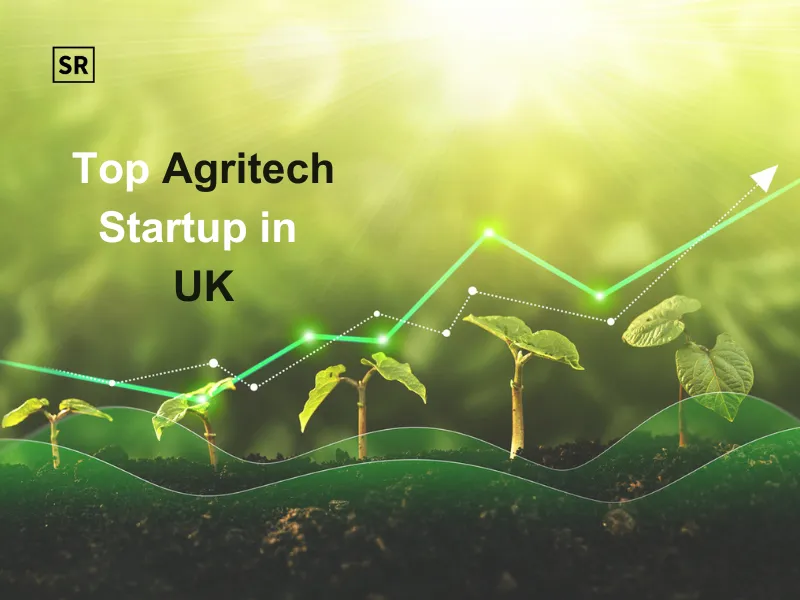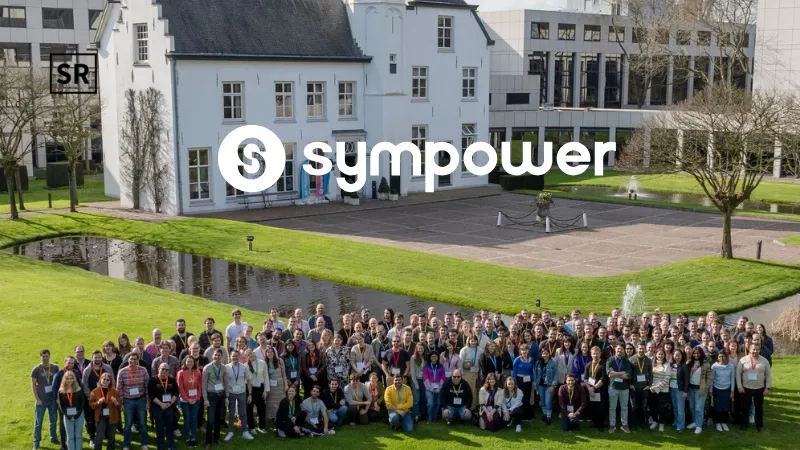Shift Bioscience funding news – UK-based Shift Bioscience Secures £12.5 Million in Seed Funding
Oct 16, 2024 | By Team SR

Shift Bioscience is a biotech company using generative AI models to understand how activation of different genes can reverse the aging process. This research is a fundamental step forward in designing more effective drugs to treat age-related diseases.
SUMMARY
- Seed funding will accelerate development of Shift Bioscience’s platform for identification of safe rejuvenation genes, a fundamental step forward in the development of therapeutics to treat age-related diseases
- Investment led by BGF, with support from existing investors F-Prime Capital, Kindred Capital, and Jonathan Milner
The company announced that it has raised $16M (£12.5M) in Seed funding, led by BGF, with existing investors F-Prime Capital, Kindred Capital, and Jonathan Milner participating. The investment will be used for the continued development of Shift Bioscience’s artificial intelligence (AI) cell simulation platform, for the identification of genes that can safely rejuvenate cells to combat the effects of age-related illnesses.
Average life expectancy has increased over the last century, which has led to a rise in the number of people suffering from age-related illnesses, increasing the strain on healthcare systems. Cellular reprogramming with Yamanaka factors represents a promising technology that can rejuvenate cells, providing the opportunity to develop new treatments that target multiple diseases of aging, from hearing loss to cardiovascular disease and osteoarthritis. However, there is a pressing need to identify gene-factors that can be used to reprogram cells with proven safety.
RECOMMENDED FOR YOU

Serverpod funding news – Stockholm-based Serverpod Secures €2.7 Million in Seed Funding
Kailee Rainse
Feb 20, 2025
Dr Daniel Ives, CEO, Shift Bioscience, commented said, “Our technology is addressing the current limitations of cellular reprogramming for treatment of age-related illnesses, This investment is indicative of the strength of our approach and is one of the earliest funding rounds for a biotech start-up exclusively focused on the rapidly emerging field of cell simulation for target discovery. This additional funding will allow us to accelerate the development of our platform and bring cell rejuvenation therapeutics closer towards clinical trial.”
Shift Bioscience is building a cell simulation platform that combines generative AI with its highly accurate, high-throughput biological aging clock, to predict which sets of genes are most likely to safely rejuvenate specific cells and then test, improve and validate these predictions. Preliminary results from the platform were well received at the 2024 Gordon Research Conference on Systems Aging.
The Company will use the Seed funding to accelerate the development of its AI cell simulation platform, enabling the identification of novel genes for safe rejuvenation of cells indicated in age-related illnesses. The funding will also support the development of an IP portfolio for the novel rejuvenation genes identified by Shift Bioscience. The new investment brings the total raised by the company to $18M (£14M).
Tim Rea, head of early stage at BGF, said: “We’re excited to be backing a British company at the forefront of developing a new class of regenerative medicines. Combining machine learning with lab-based biology, Shift’s well-developed platform represents a significant opportunity to address the growing challenges of treating age-related disease and illnesses.”
About Shift Bioscience
Shift Bioscience established in 2017 by CEO Daniel Ives and CSO Brendan Swain, Shift works out of its labs at the Gurdon Institute in Cambridge, utilising biological ageing biomarkers that are highly precise and high-throughput, along with generative AI models. With the use of these tools, the business is able to model and forecast which gene sets are most likely to rejuvenate cells without running the danger of, say, employing Yamanaka factors.


 Follow us
Follow us Follow us
Follow us














